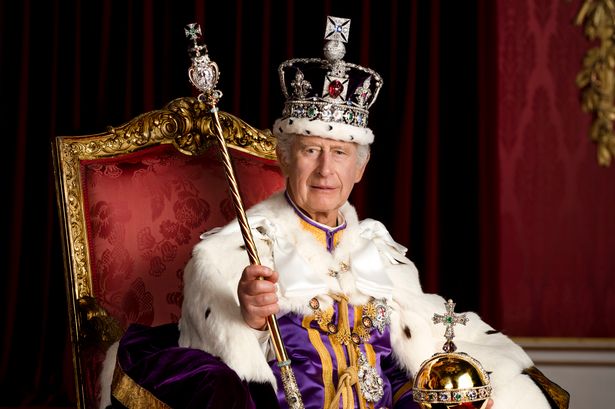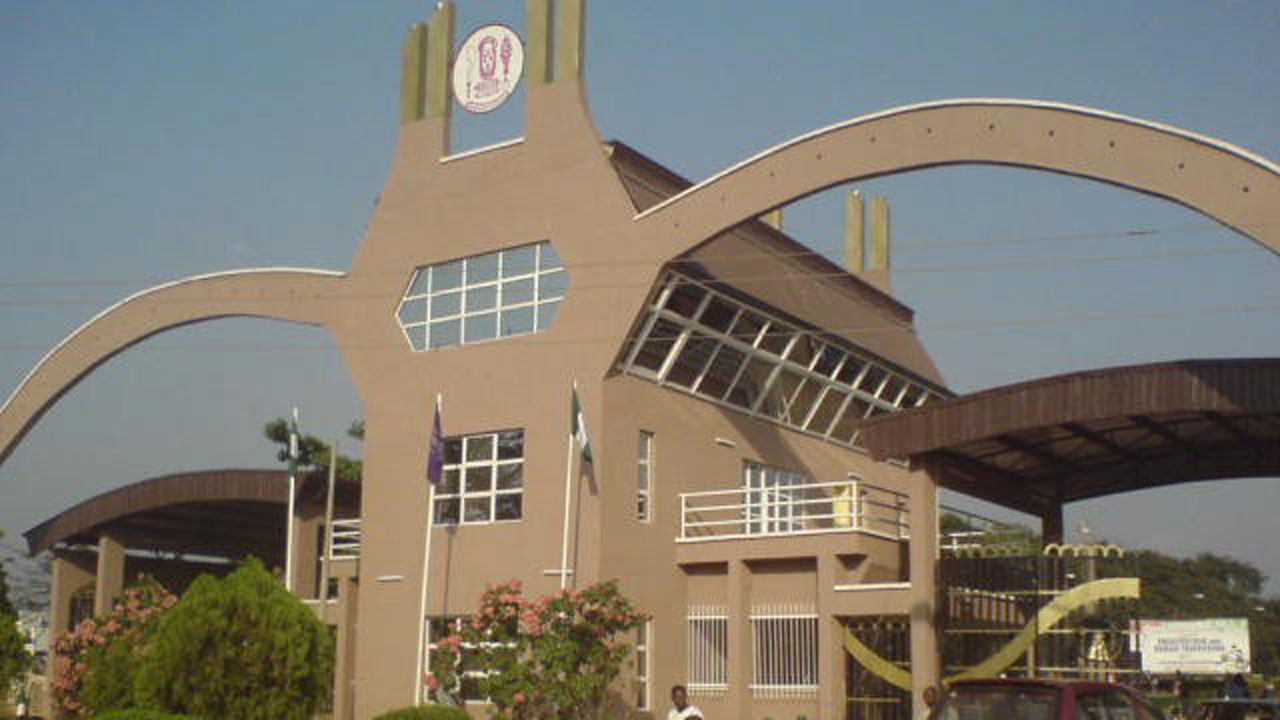
The coronation of King Charles of England is an event steeped in rich history, tradition, and significance for the British monarchy and its subjects. As the formal ceremony that marks the investiture of a new monarch, the coronation is a time-honored occasion filled with pageantry, symbolism, and meaning. In this article, we will delve into the details of King Charles’ coronation, examining its historical context, the various components of the ceremony, and the implications for the future of the British monarchy.
Historical Context:
King Charles ascended to the throne following the passing of his mother, Queen Elizabeth II, who was the longest-serving British monarch in history. Her reign saw significant changes in the United Kingdom and the Commonwealth, as well as monumental global events. The coronation of King Charles serves not only as a celebration of his ascension but also as an acknowledgment of the end of an era and the beginning of a new chapter for the British monarchy.
Preparations and Pre-Coronation Events:
The coronation of a British monarch is not an impromptu event; it requires months of careful planning and preparation. In the lead-up to King Charles’ coronation, there are several traditional pre-coronation events that take place. These include the Proclamation of the Accession, which is the formal announcement of the new monarch’s ascension to the throne, and the Garter Service, where the monarch is installed as the Sovereign of the Order of the Garter.
The Coronation Ceremony:
The coronation ceremony itself is a complex and highly symbolic affair, with several key components:
- The Procession: The monarch, accompanied by a grand procession of dignitaries, clergy, and other attendees, makes their way from Buckingham Palace to Westminster Abbey, where the ceremony takes place. The procession showcases the grandeur of the monarchy and the significance of the event.
- The Recognition: Once inside Westminster Abbey, the Archbishop of Canterbury presents the monarch to the congregation, asking for their recognition and acceptance of the new sovereign.
- The Oath: The monarch takes a sacred oath to uphold the laws and customs of the realm, protect the Church, and govern justly.
- The Anointing: In a deeply symbolic act, the monarch is anointed with holy oil, signifying their consecration and the divine nature of their role.
- The Crowning: The Archbishop of Canterbury places the St. Edward’s Crown on the monarch’s head, symbolizing their assumption of the full powers and responsibilities of the sovereign.
- The Investiture: The monarch is presented with various symbols of their office, including the orb, scepter, and ring, each carrying its own symbolic meaning.
- The Enthronement: The monarch is seated on the historic Coronation Chair, signifying their authority as the head of state.
- The Homage: Members of the nobility and clergy pay homage to the newly crowned monarch, pledging their loyalty and allegiance.
Post-Coronation Events:
Following the coronation ceremony, there are several post-coronation events, such as the Coronation Banquet and the procession back to Buckingham Palace. These events serve as a celebration of the new monarch and an opportunity for the public to participate in the festivities.
Significance and Implications for the British Monarchy:
The coronation of King Charles of England is a significant event, as it marks the beginning of a new chapter for the British monarchy. As the head of state, the monarch plays a vital role in representing the United Kingdom both at home and abroad. King Charles’ coronation signifies a continuation of the traditions and values that have defined the British monarchy for centuries. It also serves as an opportunity for the nation to reflect on the past and look forward to the future under his reign. As King Charles assumes the mantle of the monarchy, his approach to governance and his vision for the United Kingdom will have a lasting impact on the nation and its people.
King Charles is also expected to bring about certain changes, both in terms of modernizing the monarchy and addressing contemporary issues. For example, he has been a vocal advocate for environmental causes and is likely to champion sustainable practices and policies during his reign. Furthermore, King Charles’ coronation offers a chance to strengthen the bonds between the United Kingdom and the Commonwealth nations, as well as fostering goodwill and cooperation on the global stage.
Conclusion:
The coronation of King Charles of England is a momentous event that carries immense historical, cultural, and political significance. As the nation bids farewell to the era of Queen Elizabeth II and embraces the reign of King Charles, the monarchy enters a new chapter marked by both continuity and change. The traditions and ceremonies associated with the coronation serve as a reminder of the enduring nature of the British monarchy, while the potential for reform and modernization under King Charles’ reign offers a glimpse into the future. As the United Kingdom and the world bear witness to this historic event, the coronation of King Charles is a testament to the enduring legacy and evolving role of the British monarchy in the 21st century.
















